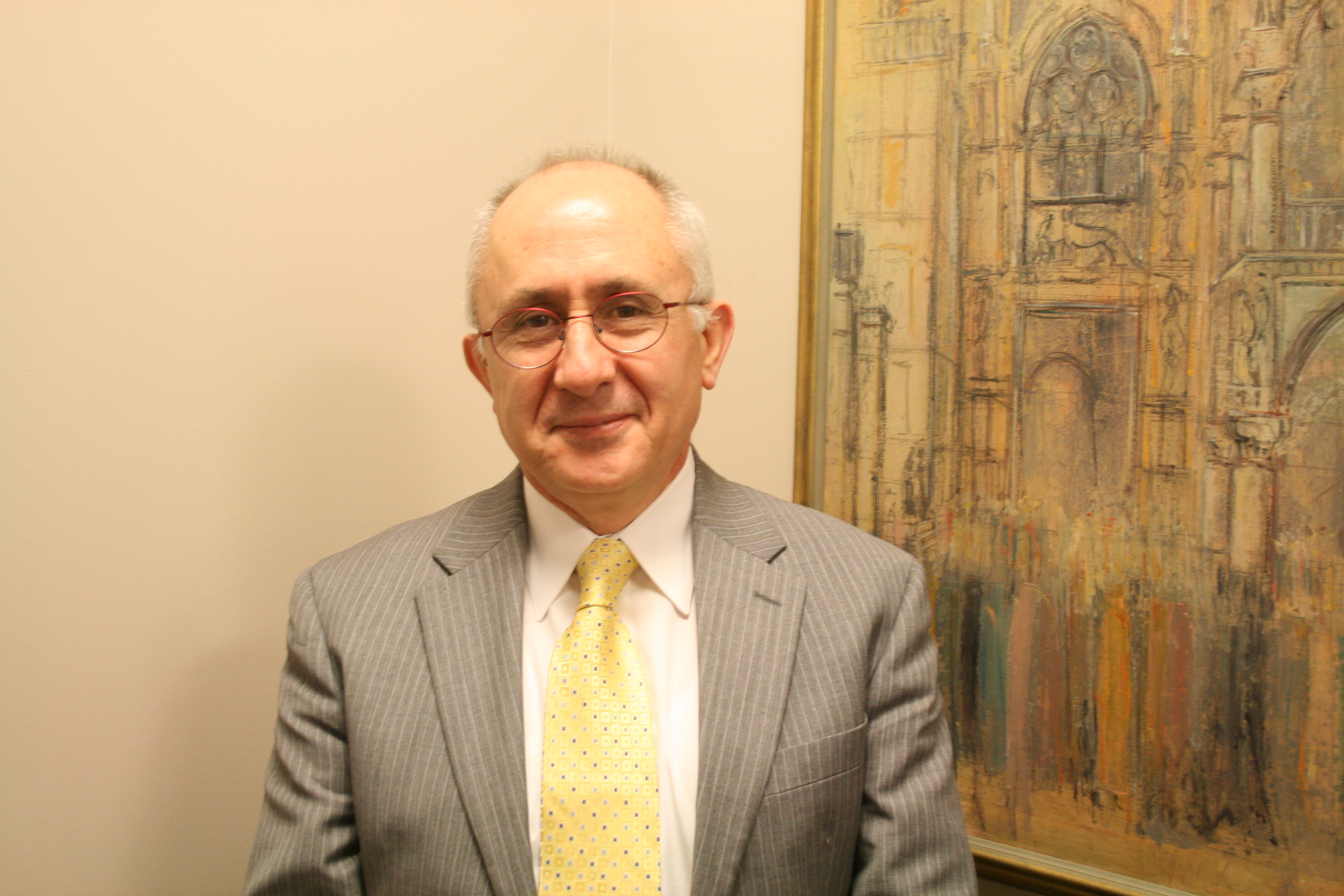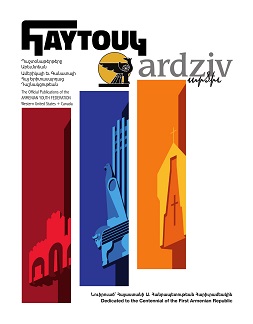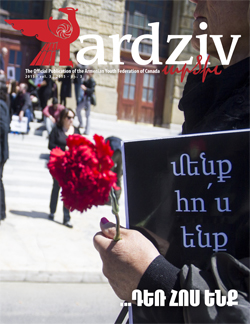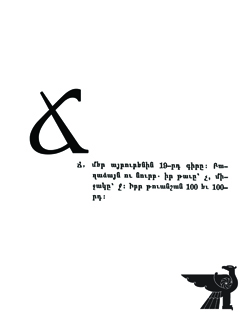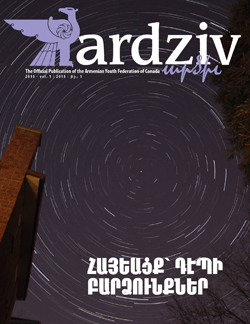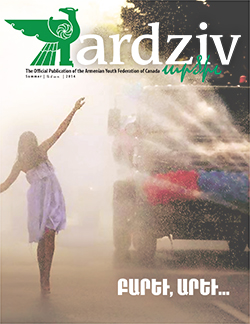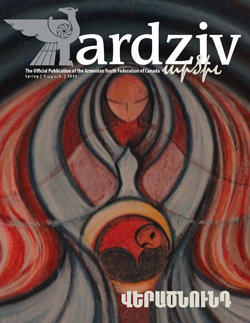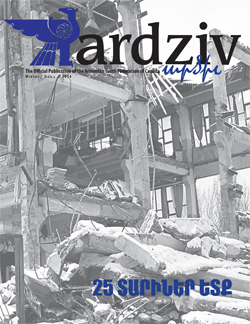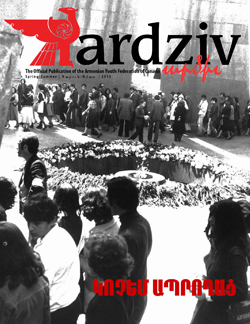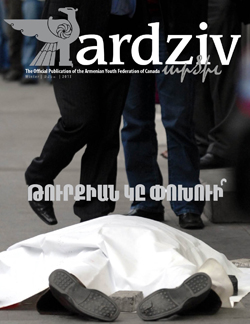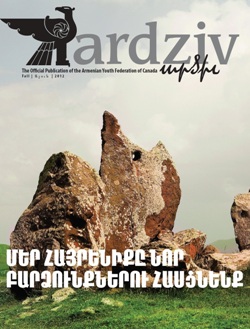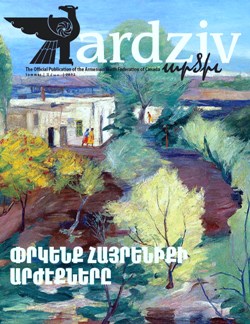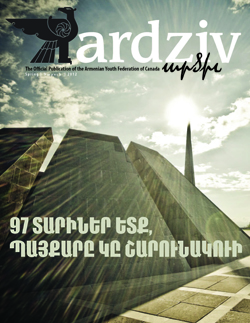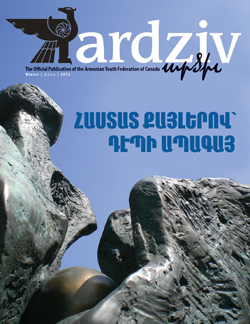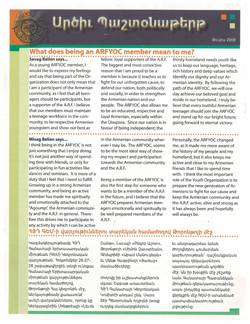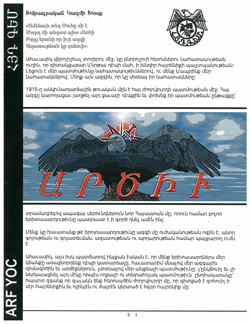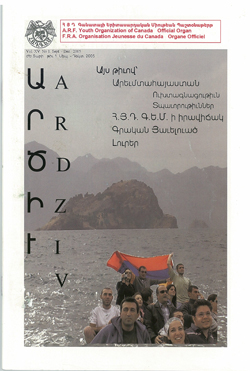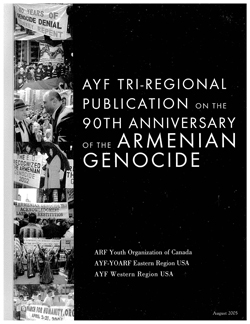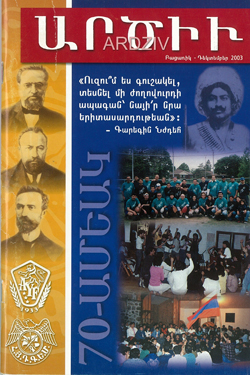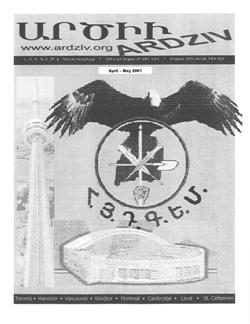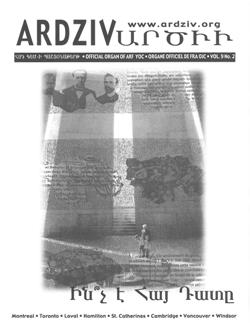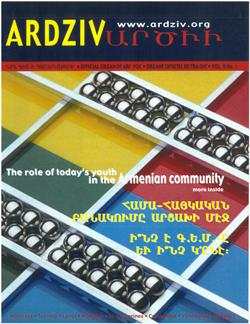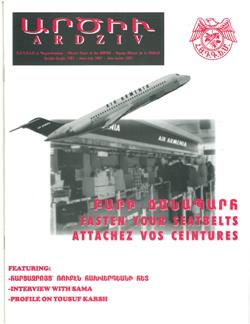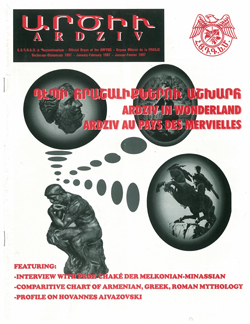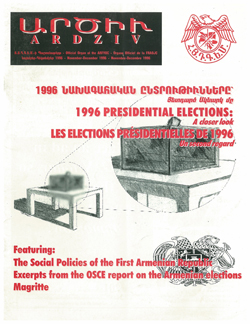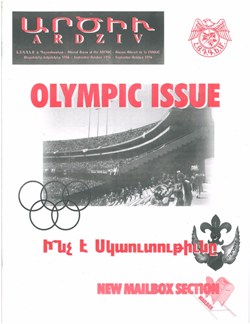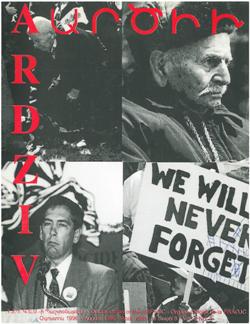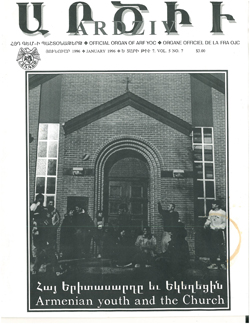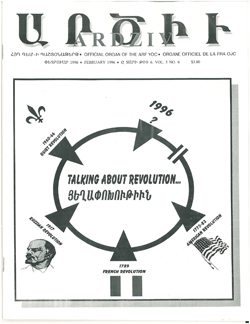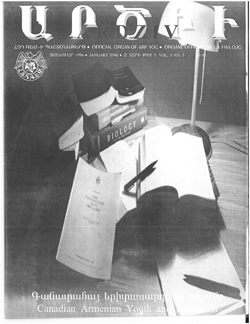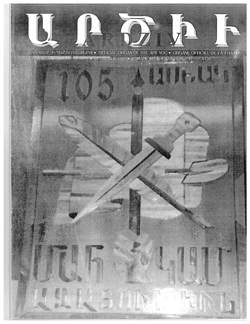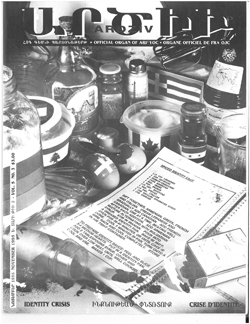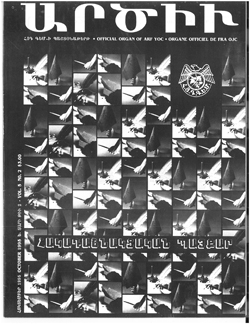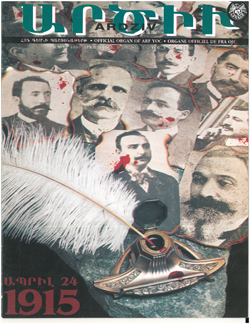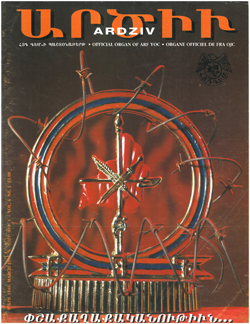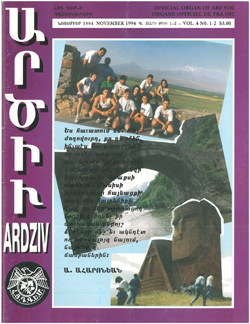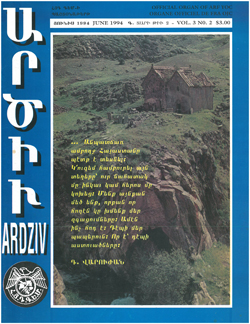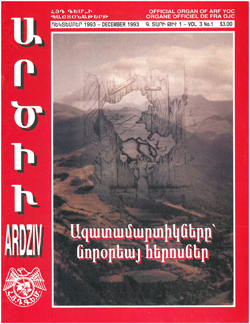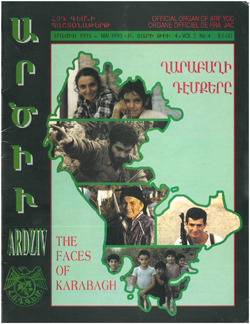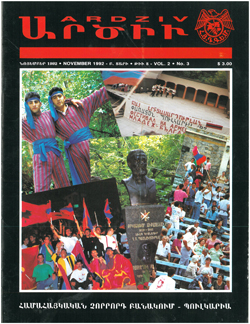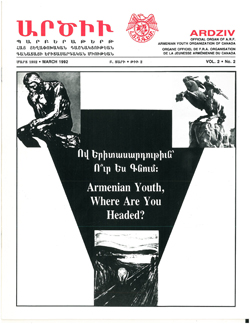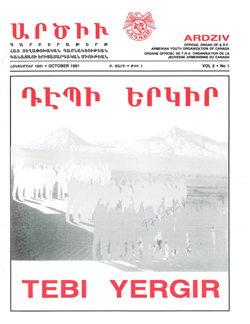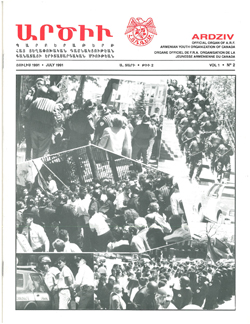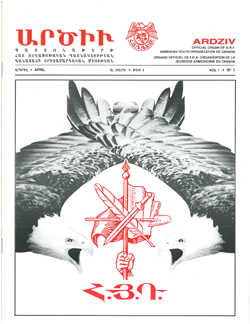A Conversation with a “Normal Turk”
By: Ardziv Magazine | Posted on: 22.02.2013Warning: Undefined array key "ssba_bar_buttons" in /home/u108981792/domains/ardziv.org/public_html/wp-content/plugins/simple-share-buttons-adder/php/class-buttons.php on line 602
Warning: Undefined array key "ssba_bar_buttons" in /home/u108981792/domains/ardziv.org/public_html/wp-content/plugins/simple-share-buttons-adder/php/class-buttons.php on line 602
Warning: Undefined array key "ssba_bar_buttons" in /home/u108981792/domains/ardziv.org/public_html/wp-content/plugins/simple-share-buttons-adder/php/class-buttons.php on line 602
Warning: Undefined array key "ssba_bar_buttons" in /home/u108981792/domains/ardziv.org/public_html/wp-content/plugins/simple-share-buttons-adder/php/class-buttons.php on line 602
Ardziv had the chance to sit down with renowned Turkish historian and sociologist, Professor Taner Akcam, during his time inToronto to commemorate the six year anniversary of the slaying of Turkish-Armenian journalist and editor-in-chief of the bilingual Turkish-Armenian newspaper Agos, Hrant Dink.
Coffee was offered. Professor Akcam requested a little bit of milk. I struggled with my wording. I usually don’t hesitate labeling the drink as Armenian, specifically downplaying the commonly referred label of‘Turkish coffee’. This time I hesitated though. “No, small coffee. Like an espresso,” I said. “Oh, Armenian coffee. No sugar please.” The mood was set.
I’d love to read your fortune after you’re done…
There’s a Turkish saying. “Never believe in it, but don’t leave without it…”
Folks here in Canada try to talk hockey whenever appropriate. Youcurrently reside in Boston, any allegiance to the mighty Bruins?
I’m a Galatasary fan.
Not Besiktas? Not Fener?
No, and this is very important. Galatasaray football is the first thing for me and the rest issecond. I came to Turkey after seventeen years of exile. My parents hadn’t seen me. I hadn’t seen my mother in seventeen years. They were excited. I went to the Galatasaray game instead. You know, most Armenians like Besiktas.
I have some Bolsahay friends, most of them like Besiktas. One has one uncle who supports Fener, the other Galatasary. The tension when they’re talking sportscan be palpable.I guess I’m a Gala fan for the time being…
Definitely, don’t change it, it is on record. The interview will not go on.
You are often asked about the darkest days of Turkish history, dim issues such as denial. What do you consider to be the proudest moment in recent (modern) Turkish history? What moments of positivity have had an impact on you- both as a scholar and a Turk?
I don’t know if proud is the correct word, but I can’t describe how happy I was when they arrested Yalçın Küçük. When one general after another was arrested, this was a delight for me. To read this, watch this was a great time. I remember when I went to the funeral, Hrant Dink’s funeral in Istanbul. We were chatting with friends and, if you follow Turkish media regularly, you know who the murderer was. We all knew the general was to blame, but we were certain we would never see this Küçük arrested. But not only him, other high ranking generals are in prison. I think this is one of the biggest joys I have experienced about modern Turkey.
Why is it that Dink’s assassination had such an impact on both Turkish and Armenian civil society? Countless others have been persecuted and killed. Was it a case of timing? Personality?
Let me ask you a question. Was it the Hrant Dink assassination that had more impact on the diaspora, or was it when people went on the streets and chanted,“We are all Armenian”? We have to make a distinction- Whatare the reasons for this reaction from Turkish society and Armenian society? In the case of Armenians, I think that if thousands of people hadn’t gone on the streets, it would have increased; it would have put one moreelement on the prejudice or the perceptions Armenians have of Turks.
You see, one and a half million plus one. Barbaric Turks, they killed another Armenian.I think the shock for the diaspora or the people in Armenia, was the chanting of one hundred thousand people, “We are all Armenian”. I think this is the important momentbecause, you have to also remember, before his assassination, Hrant was a suspected individual in Turkey. For a lot of diasporan Armenians, also. I remember he came to the States. At certain events they attacked him verbally, calling him a spy for the Turkish government. I’ve hadsimilar experiences, so I could understand. So in my opinion, and I might be wrong, but I think the triggering moment,the important element or factor was the people marching and chanting, “We are all Hrant”. It was the public reaction to the event, more than the event in itself.
Regarding Turkey,it is a fascinating question, though I’m not so sure I can give the answer now, because of the following reason. Another compelling element that you have to keep in mind: Throughout the history of the republic, we have never experienced an assassinated politicianor journalist that hasbeen remembered for so long. Nothing.No one.I can make you a list of intellectuals, journalists, political figures, who were assassinated in Turkish history. After one or two years, people forget about it. Nobody remembers. And still this year, it was rainy and cold, yet thousands of thousands were on the street. It means something. I think it means something different for everybody. I don’t think there’s one thing that unites all these people.
Iknow that after his assassination, the crack on the bottom his shoe was really a strong image for a lot of people. It really destroyed the image of the Armenian as they all really thought they understood. They saw Hrant as a spy of the diaspora, of Armenians, getting constant money from Armenian sources. Then they saw the crack. This poor man. I mean, thank God he didn’t have a different pair of shoes on that day. It really had an important impact. It made people realize that he had risked his life.
My other explanation is his innocence. In Turkey, we the people who have opposed the state over the years have suffered a lot. In a way, we were part of a system. Not necessarily like in Hrant’s case, an outsider.We were part of a collective and we also tried to resist. For example, Kurds, arms struggle, leftist organizations. Resistance was a way of opposing the government. In Hrant’s case, it was so innocent! What was the main question he was asking? The entire Hrant Dink phenomenon is so simple. He was saying he was a citizen; he wanted to be a citizen, nothing else. I mean, he was saying there was nothing wrong with being an Armenian, and being a Turkish citizen at the same time. Period. I think this innocence, his message being so simple- “I’m not Turkish, I speak Turkish…but I’m not from you, I’m not as you are. We have to live together”. The innocence of his message was an important factor.
What is more important, Turkish civil society accepting the genocide or politicians? Does it matter if the men in charge accept responsibility if the general public isn’t convinced? Vice-versa?
We can look into the fact whether Turkish society is ready to accept the Armenian Genocide. My take on the issue is, if today, Tayyip Erdoğan, as prime minister, comes up tomorrow and says, “yes, it was a crime against humanity.” Maybe he doesn’t say genocide- let’s say he says genocide, I believe he would get huge support, nobody would oppose him. My sense is, denialism in not the main attitude of the society as such. I think it’s the attitude of the state. The state denies knowingly.
No hint of ignorance?
They know what they are saying. I always used to think ignorance might be a factor. If you deny, lie for over ninety years, it is hard to reverse and say something different. There’s no ignorance, they definitely know what it means to accept the genocide forthemselves.It is a part of their existence. The Turkish society must be seen as different cars on a big train. There is not a defining Turkish society. You have to separate, look into different cars, realize the difference. What section of Turkish society? Kurds? Alawites? They view the ArmenianGenocide differently. Even city by city there are different attitudes. Van, Erzurum , they think differently. I think that education, or the lack of it, is the most important problem. In big cities like Istanbul, Ankara, ninety years of nationalistic education has created a sort of mind set that is very hard to change.
You briefly mentioned education. Genocide education is important and central in Armenian schools throughout the world. How should it be taught in lower grades? Comparatively?With the focus on reconciliation? How important is context and not just knowing that one and a half million were murdered.
I’m a humble listener of different arguments. We have a conference forthcoming at our centre about this exact topic. What age? How?
It’s part of a broader topic. Whatever level or age you teach, it doesn’t really matter. We must speak about prevention and reconciliation. It has to be apart of the general education. It’s not enough to only talk about the killings. Simple reason- why do we talk about mass killings of the past? What is the purpose of speaking about injustices? Simple – so people don’t attempt to commit these acts in the future.
Do you ever get used to the negative feedback. Has there been an isolated experience? Something that made you second guess your work?
Several times.Not a specific moment. You get e-mails, death threats, phone calls. Of course you get scared. You ask the question, “why am I doing this?” I chose this, nobody pushed me into it. That feeling goes away quite fast. The other response, the anger takes over. I don’t know if it’s a personal characteristic, but I get angry, and perhaps that anger pushes me, helps me stay focused. I think my staying in the field, despite all the negative things, has something to do with the naysayers. If they hadn’t shown interest, maybe I wouldn’t have continued. I became more stubborn.
How do you respond? Do you even respond when people say you have betrayed your people by siding with the Armenians?
It’s sad, it’s over now. It used to be a main campaign. It hurt me. This was my argument then, and it is the same one today. I think I’m a good representative of my people. I think I’ve created an image of a normal Turk. This is my joke with my Armenian friends…They would ask about a Turk, I used to say, if he/she is a denialist, they are not a normal Turk. I’m a normal Turk and I try to represent my people. I know I’m a minority…I don’t care. I give another face.
You were at Hrant’s funeral. Since then you have traveled to Turkey often. How visible is the shift in the people?
After 2007, everything in Turkey changed dramatically. Today we have the psychological overhand. The denialists are in defence. I know, I feel, before 2007, we had to defend ourselves. They would attack, insult, assault. They don’t attack now, they can’t.
I know you spent some time in prison…
Yes
And you escaped prison?
Yes
Can you take us through the range of emotions, leading to the decision to escape. What was going through your mind?
A dream…If I hadn’t dreamt that night, I would have never escaped.
Sounds too romanticized to be true.
It’s a Hollywood movie. When you enter the prison, from the first day, you think about freedom. That’s one part of the reality, you can’t think of anything else. I knew I would be sentenced for a long time, seven, eight, nine years. I had to find a way to escape. We started digging this tunnel. I informed my friends about the preparations.
So it was a grassroots effort on your behalf?
Yeah…Yeah, yeah, we really dug the tunnel. I informed my friends on the outside, told them which days it would probably happen, told them to find me house I could hide out in. My friends from university, we were not an organization, more like a movement. They said they couldn’t protect me, it was too dangerous, the plan must be put on hold. They assured they’d help in the future, but it wasn’t the time. I agreed with the decision. I had a cellmate, he wasn’t a political prisoner. He was a close friend of Yılmaz Güney, the famous Turkish filmmaker. That night I dreamt laundry detergent. I woke up in the morning. My cellmate was there, he had no idea about our preparations to escape. I said, “Kenan Abi,” form of respect, you know, he was an elderly man, “I saw laundry powder in my dream, what does it mean?”He said it means freedom, you will be free. “That’s it, I’m escaping,” I said to myself. So, I escaped. Spontaneous decisions can be important.
Do I contact you personally for the movie rights?
Sure, you can write it. I’ll help you if you’d like.
